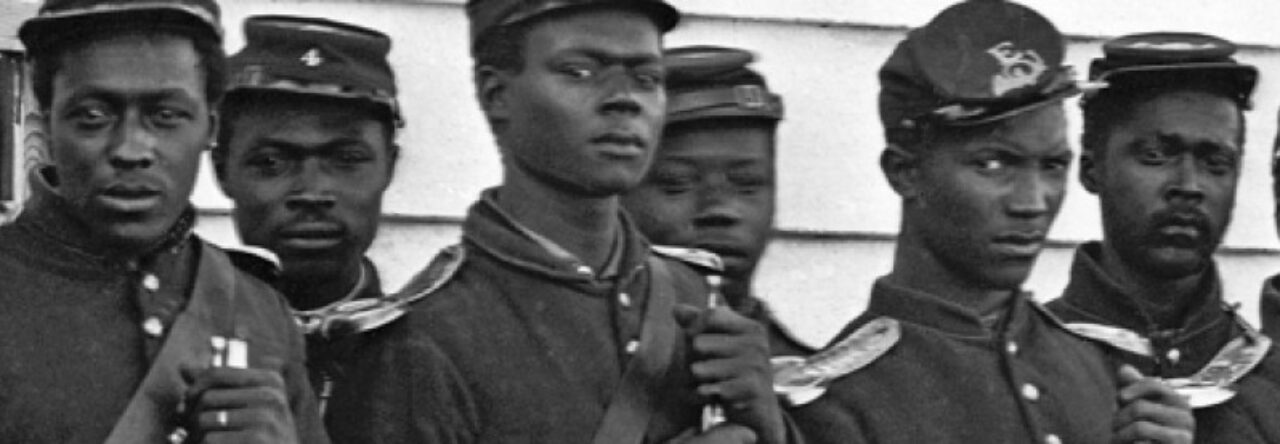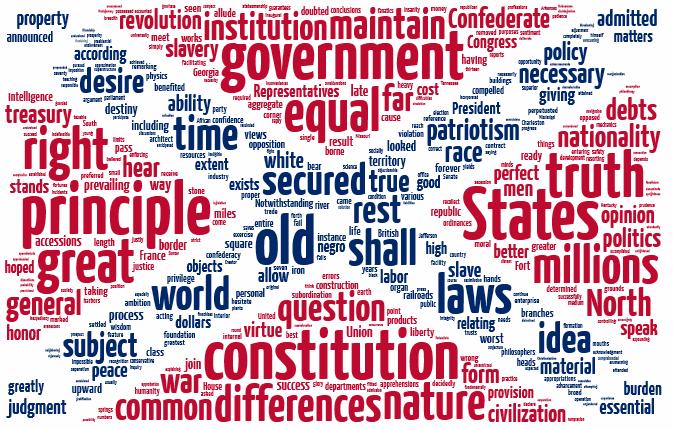When I first started teaching US history six years ago, the questions I always got when I started teaching the Underground railroad were the following:
So is the Underground Railroad really a railroad?
Why was it all underground?
My biggest goal in teaching the underground railroad is trying to dispel the misconceptions that students have. Over the years, I have refined my teaching of the Underground Railroad, but one of the challenges has been time. Usually my teaching of the Underground Railroad comes at the end of the year, when I am pressed for time and have so much to get through. Last year, I found an amazing website that is both educational and fun for students examining the underground railroad. It allows the students to get out of the classroom and use technology. The website is is from Scholastic: http://teacher.scholastic.com/activities/bhistory/underground_railroad/index.htm
I like this website because it is geared towards students, but also provided great worksheets that you can print out for the students to use. The students follow the path of the slave from slavery to reaching freedom and the challenges they face.
The first year I used this website it took about 3 days to complete all the worksheets. This past year, I modified it so it took a period and a half and offered the Harriet Tubman webquest as extra credit. I highly recommend using this website and the worksheets.
In the end, the students understand that the Underground Railroad is not a railroad nor is it completely underground. The best part about this though is that it is student centered.




